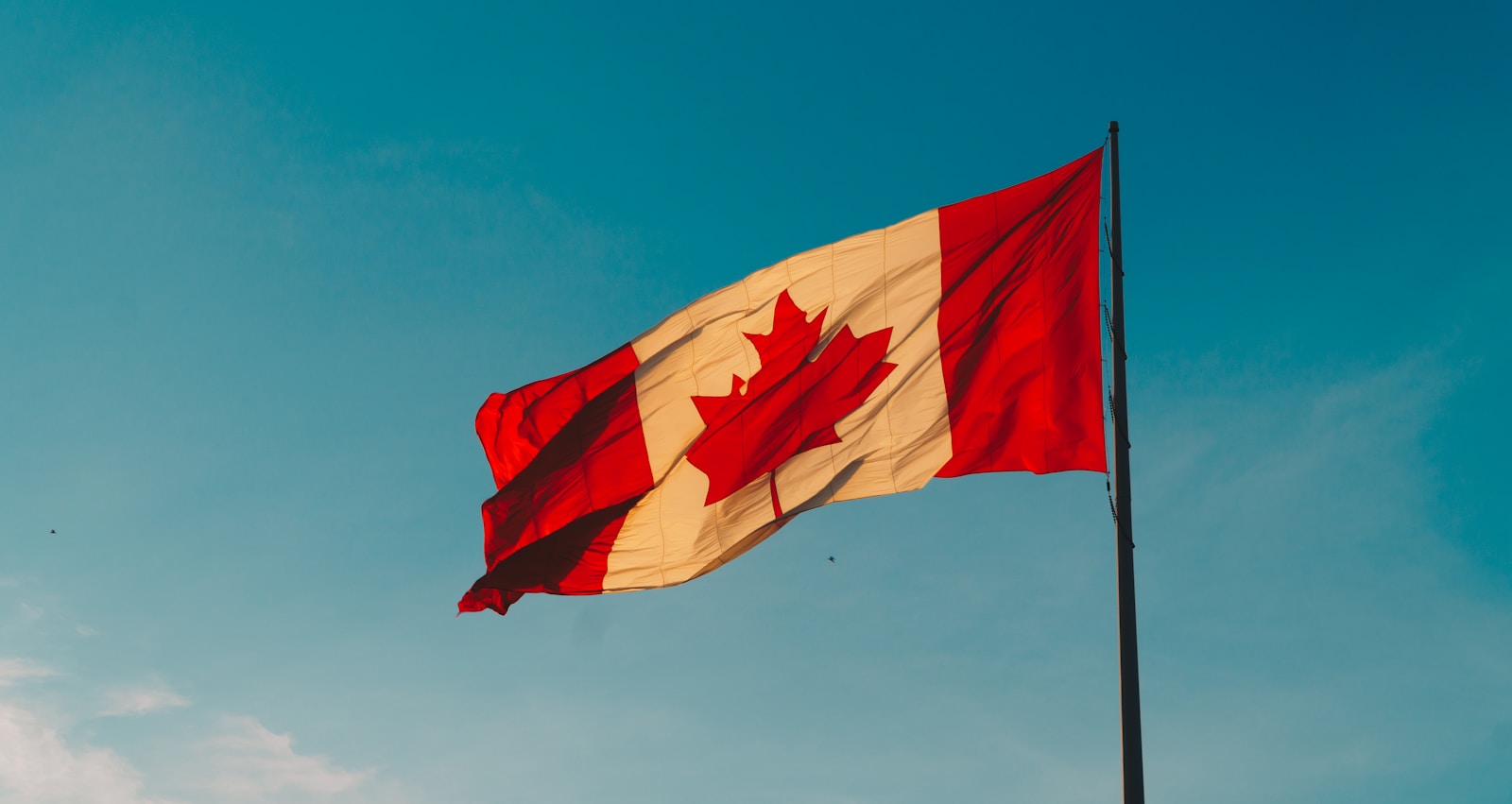Key Takeaways
- Sales of American spirits to Canada plunged 85% in the second quarter after tariffs.
- Small distilleries like Virginia Distillery saw orders collapse to zero.
- Business owners say they’re trapped in a trade fight they didn’t start.
- Tariffs also drove some producers out of European markets.
- Industry experts warn of lasting damage if relations don’t improve.
Tariffs Hit American Spirits Hard
Trade tensions have hit American spirits producers hard. As new duties took effect, sales to Canada fell sharply. In fact, Distilled Spirits Council figures show an 85% drop in shipments during the second quarter. Meanwhile, many distillery owners feel they’re paying the price for a dispute they never chose.
Small Distilleries Stung by Tariffs on American Spirits
Several small businesses aimed to expand overseas. However, after Canadian officials urged a boycott of U.S. products, these hopes evaporated. Virginia Distillery’s CEO, Gareth Moore, expected his craft to triple. Instead, he watched orders vanish overnight. “Our whisky was on track to grow,” he said. “Then sales collapsed to zero.” He added that his team simply makes good whisky, not politics.
How Tariffs Changed Trade Flows
Before the tariffs, Canadian buyers ordered barrels of bourbon, rye and single malt. Yet duties added more than 20% to each bottle’s cost. As a result, many importers pulled back. In fact, some switched to competitors in Europe and Asia. Consequently, American spirits lost shelf space in Canadian liquor stores.
Voices from the Distilleries
Jeff Quint, founder of Cedar Ridge in Iowa, invested years building an EU clientele. When tariffs hit European goods, he saw demand shrink. Then Canada followed suit, wiping out another market. “You hate to invest for years and then bail out,” Quint said. He worries that future exports will stall if trade tensions persist.
Tariff Pain Beyond Canada
Although Canada felt the worst impact, other markets also trudged behind. Tariffs on European steel and aluminum triggered retaliations in several countries. Thus, some nations imposed duties on U.S. whiskey and vodka. Consequently, distillers across the country report slower growth and higher costs.
What’s Driving the Trade Fight?
The current tariff policy aims to protect certain U.S. industries. However, critics say it hurts American jobs in agriculture and manufacturing. Moreover, when partner countries strike back, they often target iconic U.S. exports. In this case, American spirits became a convenient target for retaliation.
Industry Groups Push for Relief
Trade associations have lobbied hard to remove these duties. They argue that small distilleries lack the resources to absorb extra costs. Therefore, they urge negotiators to seek a deal that lifts retaliatory tariffs on spirits. Without relief, many worry they’ll never regain lost ground.
Distillers Adapt and Innovate
Despite setbacks, some producers explore new markets. For example, they eye growth in Latin America and parts of Asia. Meanwhile, they focus on e-commerce and domestic promotions. In fact, they run tasting events and virtual tours to boost home sales. Although these tactics help, few match the revenue lost abroad.
Consumer Impact at Home
With overseas orders down, some distilleries shift supply to U.S. retailers. Yet inventory piles up in warehouses. As a result, wholesale prices have dipped in some regions. Consumers may see sales and discounts, but small brands still struggle to stay afloat.
Looking Ahead for American Spirits
If tariffs lift, experts expect a rebound. However, regaining shelf space and customer trust takes time. Moreover, distillers must rebuild partnerships with importers and distributors. Therefore, some believe that the full recovery could take years.
Why Trade Relations Matter
Strong trade ties support growth across many industries. When relations sour, unexpected players feel the fallout. In this case, men and women making fine whisky in Virginia and Iowa found themselves caught in the crossfire. As global politics shift, their fate hinges on diplomatic progress.
Frequently Asked Questions
What led to the drop in whiskey exports to Canada?
New tariffs added over 20% to each bottle, making American spirits much more expensive for Canadian buyers. As a result, orders fell by 85%.
How have small distilleries reacted to tariff challenges?
Many have halted expansion plans, focused on domestic sales, and explored emerging markets. Some also run virtual events to boost local demand.
Can American distillers get relief from these tariffs?
Trade groups are lobbying negotiators to lift retaliatory duties on spirits. Success depends on reaching broader trade agreements.
What might speed up a recovery for U.S. whiskey makers?
Resuming duty-free trade with key partners, rebuilding distributor relationships, and diversifying into new export markets could help accelerate growth.
